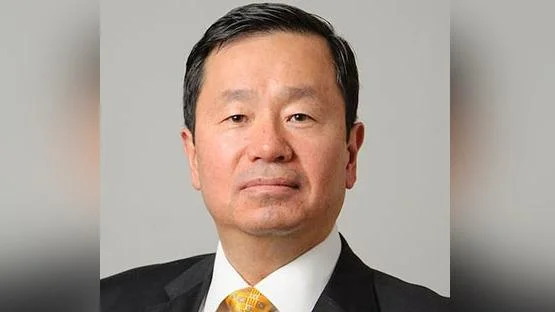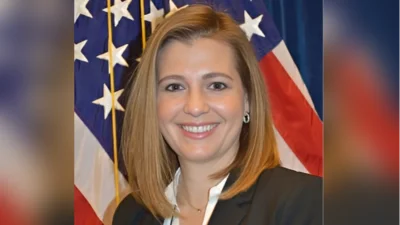Mun Y. Choi, PhD, President | University of Missouri
Mun Y. Choi, PhD, President | University of Missouri
The University of Missouri is emerging as a significant center for cancer research. Housing a diverse team of experts, including animal scientists, biologists, immunologists, and oncologists, Mizzou focuses on understanding the disease's fundamentals to find a cure. Researchers Haval Shirwan and Esma Yolcu recently joined the Cancer Immunoprevention Network (CIP-Net), established in 2023 by the National Cancer Institute. This network supports their efforts and represents one way Mizzou researchers are addressing cancer.
Here are five ways Mizzou scientists are advancing cancer research:
1. Developing a universal cancer prevention platform.
Having joined CIP-Net, researchers aim for universal cancer prevention solutions. The main goal of CIP-Net is to support cutting-edge research that leverages the immune system to prevent cancers before they develop in the body. Shirwan’s and Yolcu’s team is one of four institutions in the country receiving inaugural funding from CIP-Net to train the immune system for lung cancer prevention.
2. Saving lives with MURR-made isotopes.
The University of Missouri Research Reactor (MURR) produces radioisotopes essential for cancer treatment drugs in the U.S. and beyond. MURR is unique as it is the only producer of no-carrier-added lutetium-177 in the U.S., contributing to over 1.6 million patient diagnoses or treatments in 2023.
3. Fighting cancer for $1/dose.
Researcher Paul de Figueiredo works on multiple approaches to curing cancer through the Synthetic Programmable bacteria for Immune-directed Killing in tumor Environments (SPIKEs) project. His team designs an affordable therapeutic using bacteria that recruit and regulate tumor-targeting immune cells without traditional medication side effects.
4. Seeking solutions at Ellis Fischel Cancer Center.
Adjacent to Roy Blunt NextGen Precision Health building, Ellis Fischel Cancer Center provides care, research, and education, serving over 30,000 individuals annually across Missouri. Accredited as an Academic Comprehensive Cancer Program by the Commission on Cancer, it offers comprehensive care through screening, treatment, and recovery phases.
5. Developing a cancer vaccine.
Researcher Emma Teixeiro studies T-cells to understand immunological memory with the aim of designing a vaccine that prevents cancer altogether.
The Alliance for Precision Health
This partnership between Siemens Healthineers, the University of Missouri System, and MU Health Care aims to enhance healthcare solutions in mid-Missouri through advanced technology, education, workforce development, research, and innovation.






 Alerts Sign-up
Alerts Sign-up